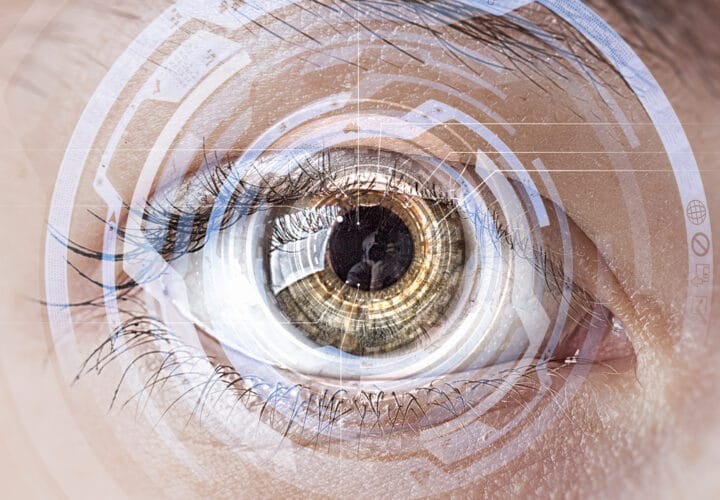A 2017 study found that Alzheimer's can show up in the retina the same way that it shows up in the brain.
A 2017 study from researchers at Los Angeles Cedars-Sinai Medical Center may have game-changing implications for those at risk for Alzheimer’s disease. The study found that Alzheimer’s can show up in the retina — the part of the back of the eye responsible for passing images to the brain — the same way that it shows up in the brain.
Many people living with dementia do not get the tests necessary to make an official diagnosis of Alzheimer’s or another form of dementia. If they do, it’s often during an autopsy after they die. Right now, physicians rely on PET scans of the brain to determine if a patient has Alzheimer’s, but they’re expensive and more invasive than a simple eye test, as patients have to be injected with radioactive tracers. When doctors conduct a PET scan to test for Alzheimer’s, they’re looking for beta amyloid plaques on the brain – a clumpy form of protein that characterizes Alzheimer’s disease. The study, which scanned the eyes of 16 patients, found that the amount of beta amyloid plaque in the eye reflected the amount that PET scans detected in those patients’ brains.
Because we know that this plaque build-up can start much earlier than the symptoms of Alzheimer’s begin, researchers hope that this non-invasive test will provide a way to detect the disease early. The other advantage of a test like this one is repeatability. Doctors would be able to track the progression of the disease and provide intervention earlier, when it’s most effective.
Read the full write-up here.


